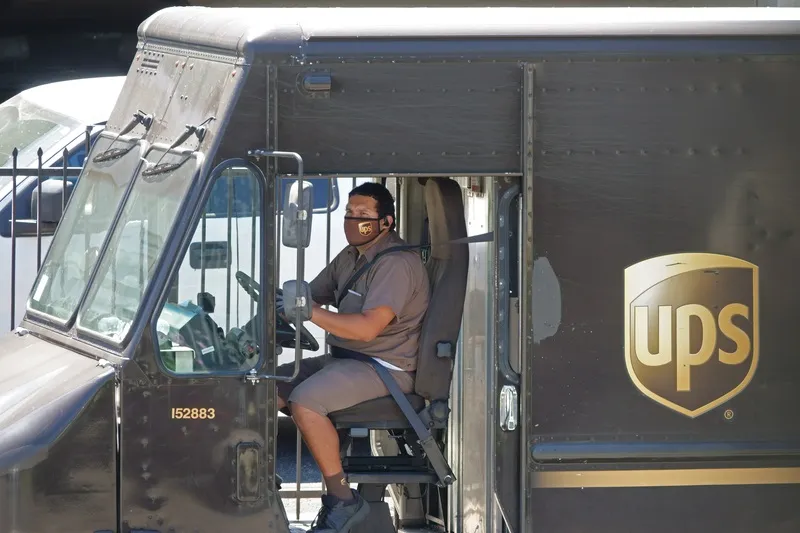The company says the UTC system - powered by SCOOT 7 (Split Cycle Offset Optimisation Technique) – will respond automatically to traffic fluctuations, thereby removing the need for signal plans.
Mike Guerin, TRL's head of sales and marketing, told
“The data is free and open, allowing local authorities and customers to reduce the total cost of ownership for a UTC SCOOT system. On the other end of the scale, we are comfortable deploying the solution to big cities in the UK and globally,” Guerin adds.
SCOOT 7's capabilities in bus priority and cycle and pedestrian optimisation are expected to provide UTC users with the ability to manually trigger gating of traffic signals.
TRL’s professional services consultant Mark Crabtree says there is also a feature that allows users to do “smarter things” with external data sources in areas such as pollution monitoring.
“When the pollution hits a certain level, you can change the strategy of SCOOT to try and mitigate against that,” he continues. “Another example would be a car park message sign which tells people the car park is full or there is congestion on the way, allowing users to choose another car park to get to their destination quicker.”
The UTC can be deployed on an organisation’s chosen cloud platform and will be available as a subscription solution in the first quarter of 2020.
TRL powers UTC with SCOOT 7 at Highways UK
TRL demonstrated the capabilities of its new urban traffic control (UTC) system, which uses the SCOOT 7 adaptive traffic control system, at Highways UK this week.
November 8, 2019
Read time: 2 mins









